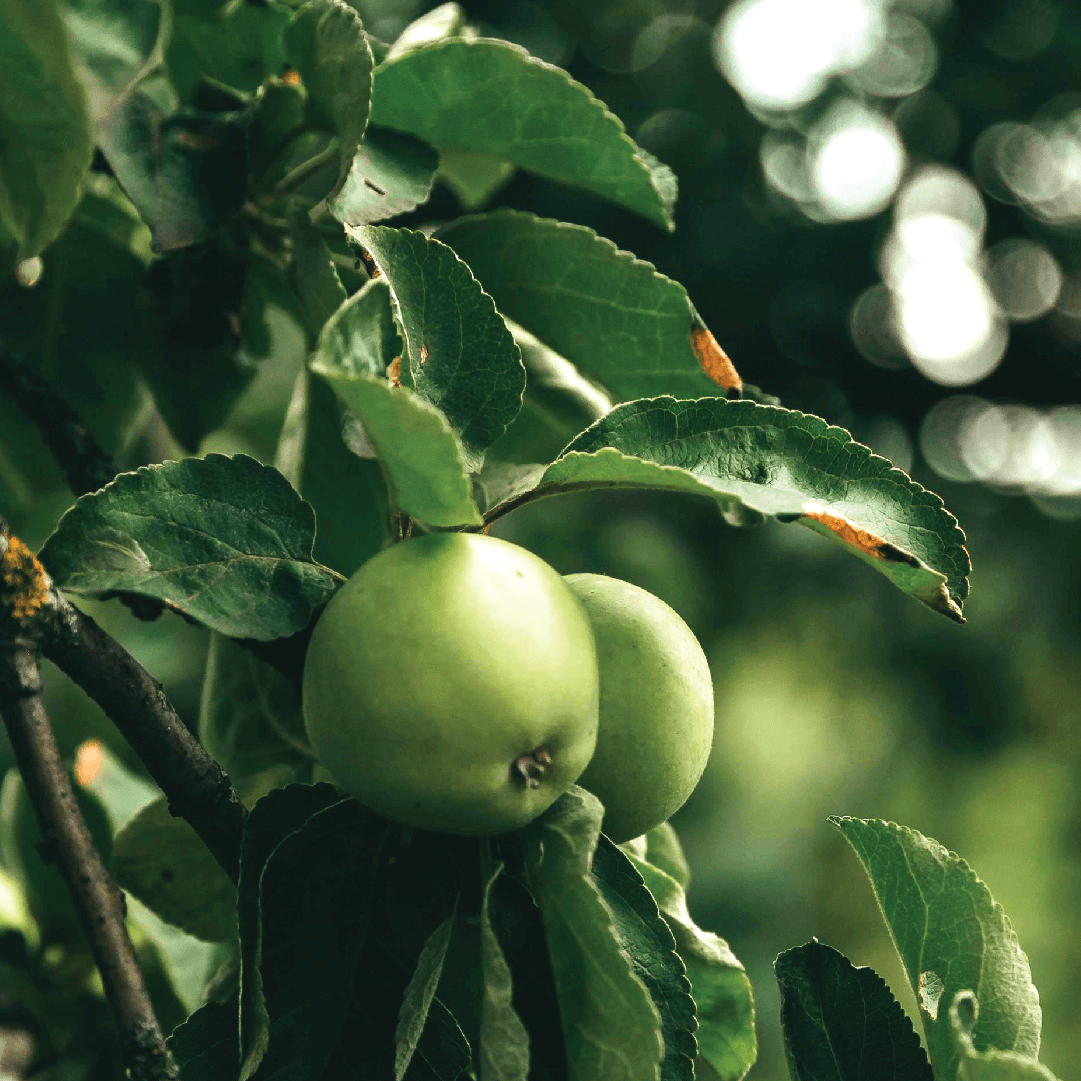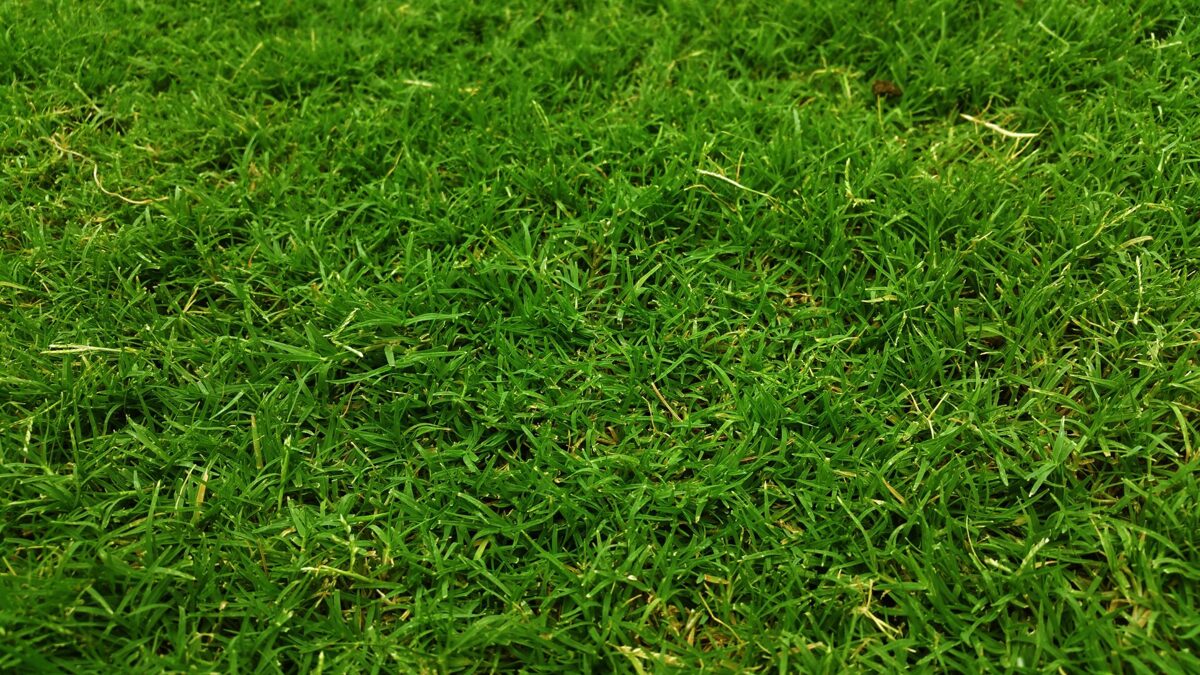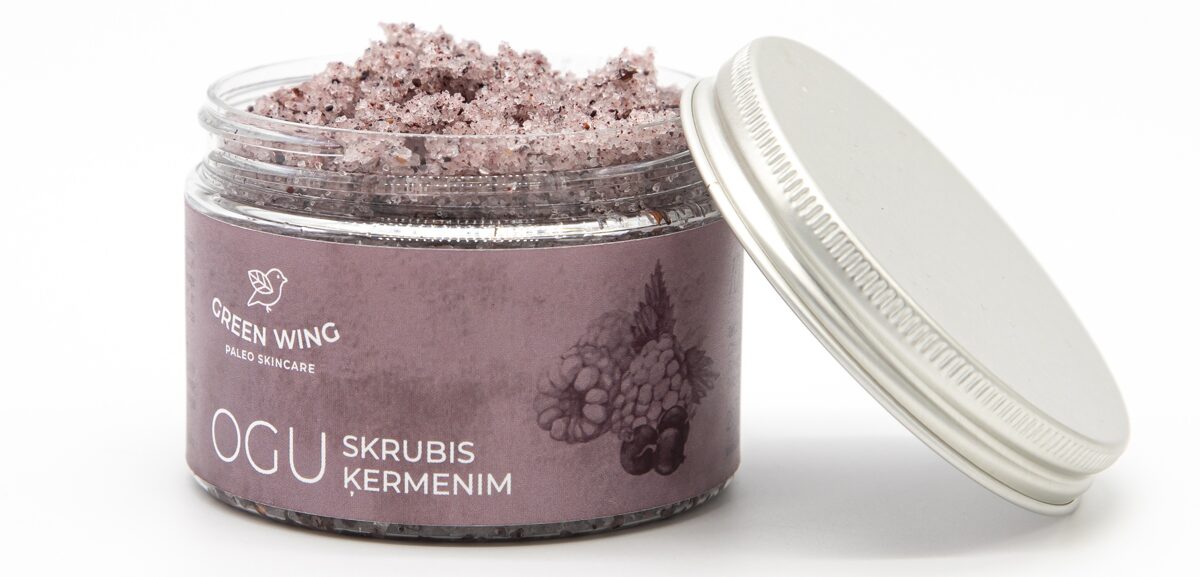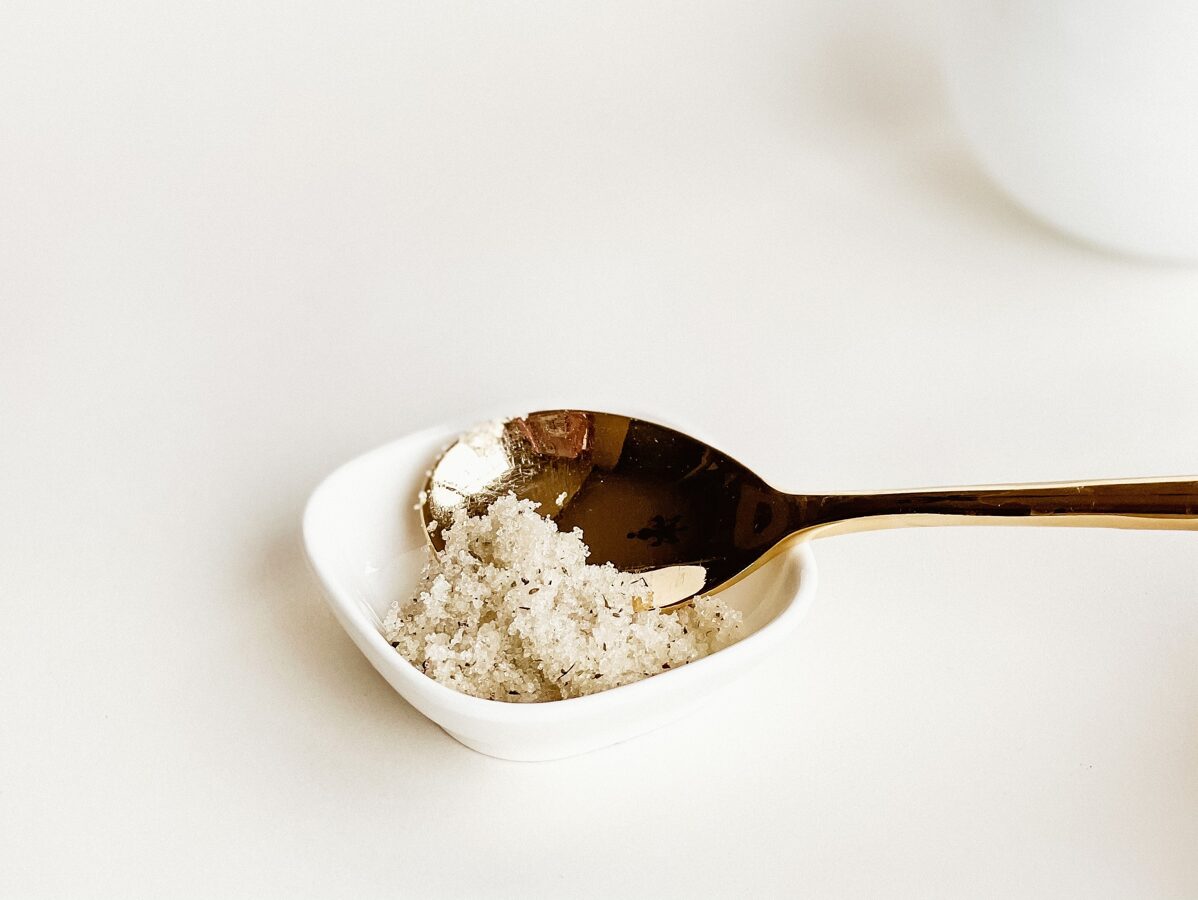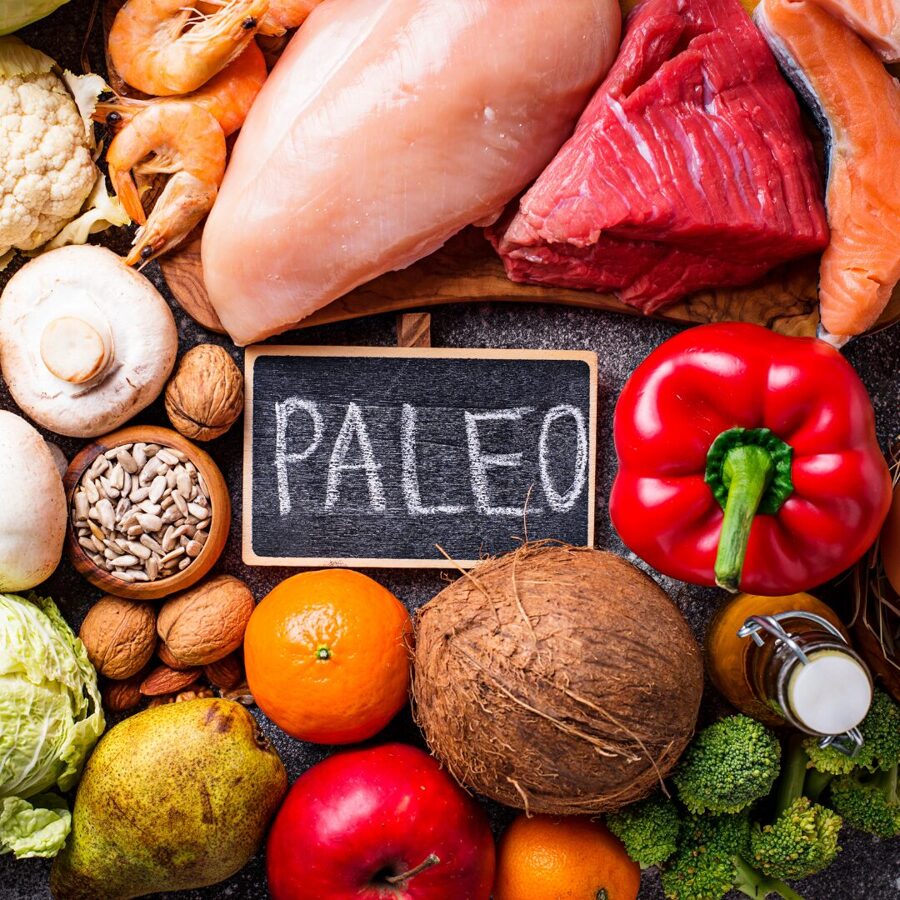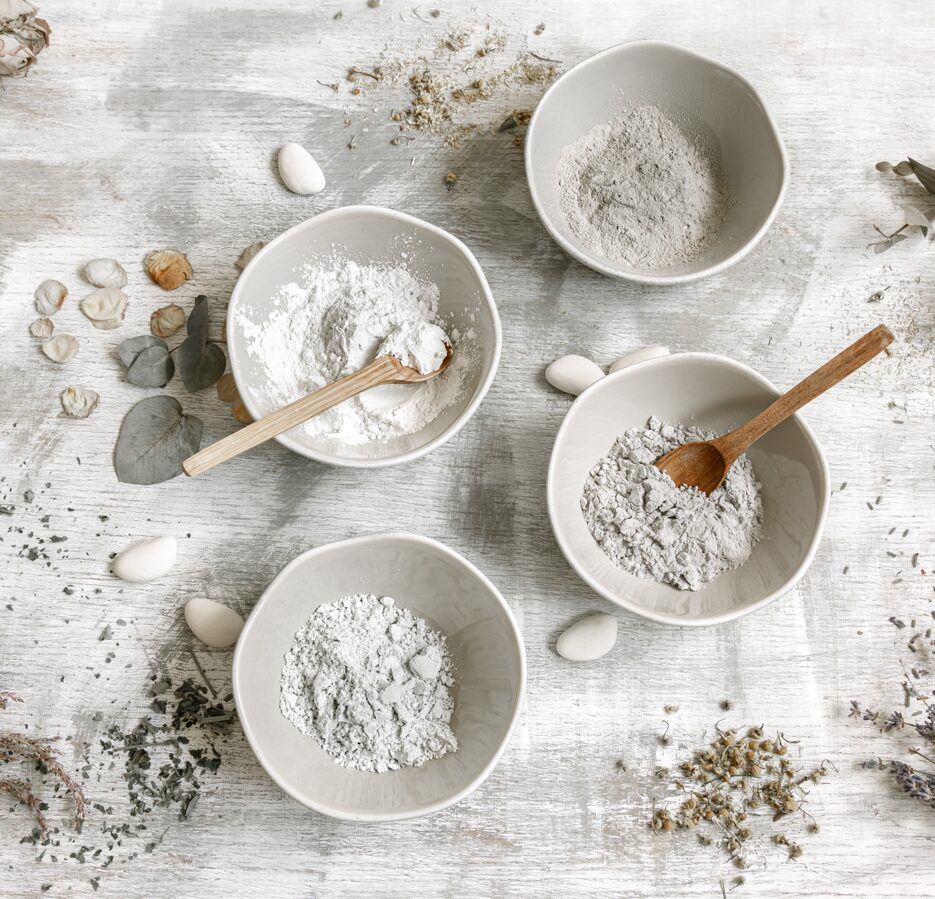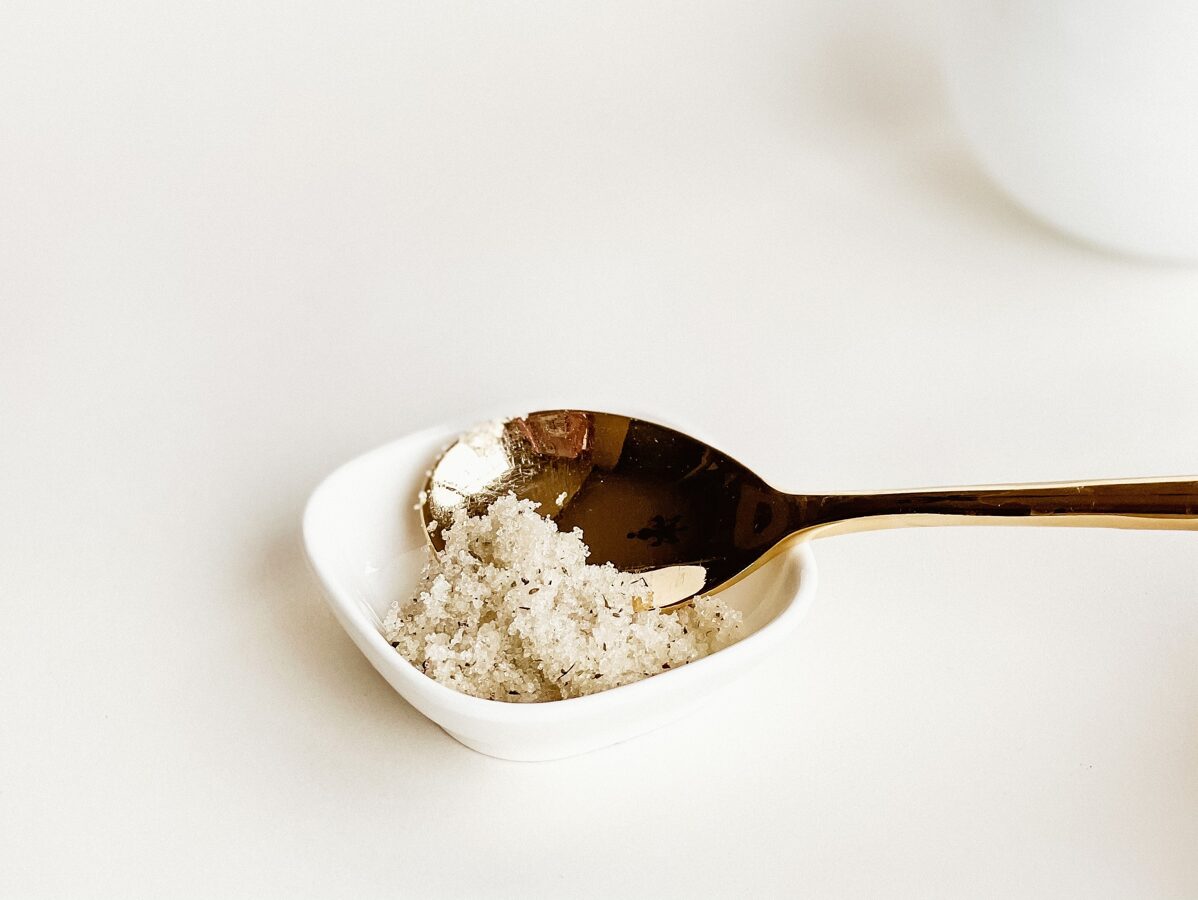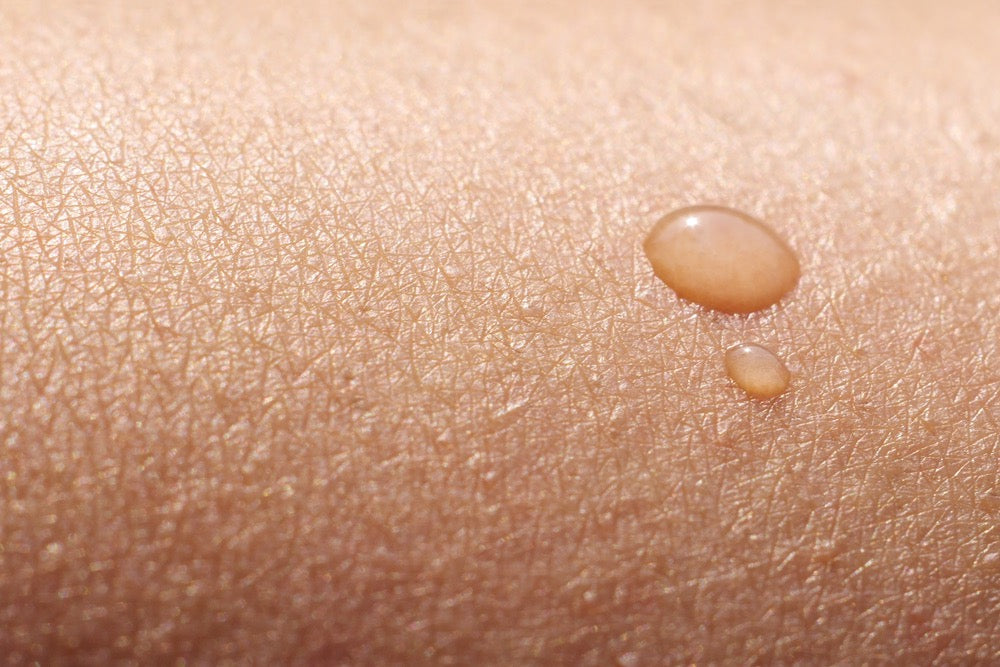Paleodiet encourages us to eat the foods that our ancestors ate 2.5 million years ago in the Paleolithic or Stone Age: meat, fish, nuts, seeds, fruit and vegetables. Cereals, legumes and dairy products are excluded from the menu.
Many experts believe that the human body is not genetically adapted to the way we eat today and that the natural diet of our ancestors could be the key to reducing the risk of many diseases. However, better health is only part of the story, as following the principles of paleodiet can improve your energy levels, revitalise your immune system and increase your well-being and vitality.
Paleo is a lifestyle, not a plan to lose weight and then go back to your old eating habits, because once you feel the energy rush, you won't want to go back to them. Here's what people are saying about the health benefits of eating Paleo:
- increased energy levels
- better quality sleep
- clearer skin and healthier-looking hair
- clarity of mind
- better mood and attitude
- less bloating and digestive problems
- fewer headaches and migraines
- less joint and muscle pain
- fewer colds and infections
ELIMINATE FROM THE DIET ALTOGETHER:
|
WHAT? |
Examples |
WHY? |
|
processed food |
ready meals, fast food |
high in E, salt and sugar but low in essential nutrients such as fibre, vitamins, minerals and other bioactive substances |
|
refined and added sugar |
sugar, fructose, fructose-containing corn syrup, corn sugar, corn syrup, agave syrup, malt syrup, molasses, rice syrup, jam, marmalades, ketchup, BBQ sauce and anything containing 'dext' and 'oze |
all types of sugar contribute to the production of insulin in the body, which helps to deposit fat |
|
cereals and products containing cereals |
flour, barley, rice, maize, sorghum, amaranth, wild rice, buckwheat, spelt, rye, quinoa, bread, pasta, biscuits, cakes, pancakes, tortillas, couscous, oats, cereals, beer |
These cereals were not eaten by our Stone Age ancestors and only entered our food supply after the agrarian revolution. The gluten in cereals can irritate and damage the intestinal walls, leading to digestive problems and is associated with impaired absorption of valuable nutrients. |
|
dairy products |
milk, butter, cheese, cream, ice cream, yoghurt |
Cow's milk is designed to help calves grow quickly, not for human consumption. Many believe that around three quarters of the world's population is lactose intolerant because people lack specific digestive enzymes to digest milk, so dairy products often cause bloating, gas, diarrhoea, vomiting, cramps and constipation. Dairy products are also thought to acidify the pH levels in the body, upsetting the acid-base balance. |
|
beans and legumes |
beans, kidney beans, sprouted beans, Turkish peas, lentils, mung beans, peas, peanuts, peanut butter, soya (including tofu, miso, soya milk, soya sauce) |
Like cereals, legumes also irritate and damage the digestive system, causing bloating and diarrhoea |
|
oils |
rapeseed, palm, peanut, safflower, sunflower, soybean oil, margarine |
These oils are rich in omega-6 fatty acids, which are very different from the heart-healthy omega-3 fatty acids and cause inflammatory processes such as heart disease, arthritis |
|
potatoes |
|
They contain saponins, which can damage the intestinal tract. Because of their starch content and usually also because of their preparation, they have a high glycaemic index, which causes a rapid rise in blood sugar and subsequent insulin production. |
CONSUMED IN MODERATION:
|
WHAT? |
WHY? |
|
Salt |
A high salt diet increases the risk of high blood pressure and disturbs the acid-base balance in the body. Herbs and spices can be substituted for salt. It is very easy to get used to salty foods, but it is also quite easy to get used to them by gradually reducing the amount of salt in your food and letting your taste buds adjust. |
|
Honey |
The body processes different sugars in the same way, including honey, which always triggers insulin production, so it is also advisable to consume honey in moderation, even though natural honey is unprocessed and contains many good nutrients put in by the bees. You can also choose to use stevia, which is a plant-based, calorie-free sweetener. |
|
Alcohol |
An occasional glass of wine is not forbidden, but remember that alcohol is a toxin and should be consumed in moderation. At the same time, many types of alcohol are made from grains (beer, vodka, whisky) or rice (sake). |
|
Root vegetables |
Other root vegetables do not contain as much starch as potatoes, so there is no reason to worry about health problems, but root vegetables should be consumed in moderation |
|
Vinegar |
Vinegar was not part of the human diet before the agrarian revolution, so it is better not to use it or to choose apple cider vinegar, balsamic vinegar or white wine vinegar over malted barley vinegar. Vinegar consumption can affect the acid-base balance in the body. |
Sound drastic? If starting this plan sounds too shocking, use the 80/20 principle and allow yourself (at least at the beginning) to eat 20% of the food you eat - eat a toaster bread or a sugary dessert. However, it is advisable to follow the paleo diet for at least a few weeks and see how your body feels. Studies have shown that after just 10 days, volunteers had improved blood sugar levels, increased insulin sensitivity, lower blood pressure and lower blood levels of total cholesterol and triglycerides.
The first step was to redecorate the kitchen according to the Stone Age, throwing out all forbidden products and introducing all permitted ones. When shopping, we choose seasonal products of local origin, eggs from free-range chickens, organic products.













